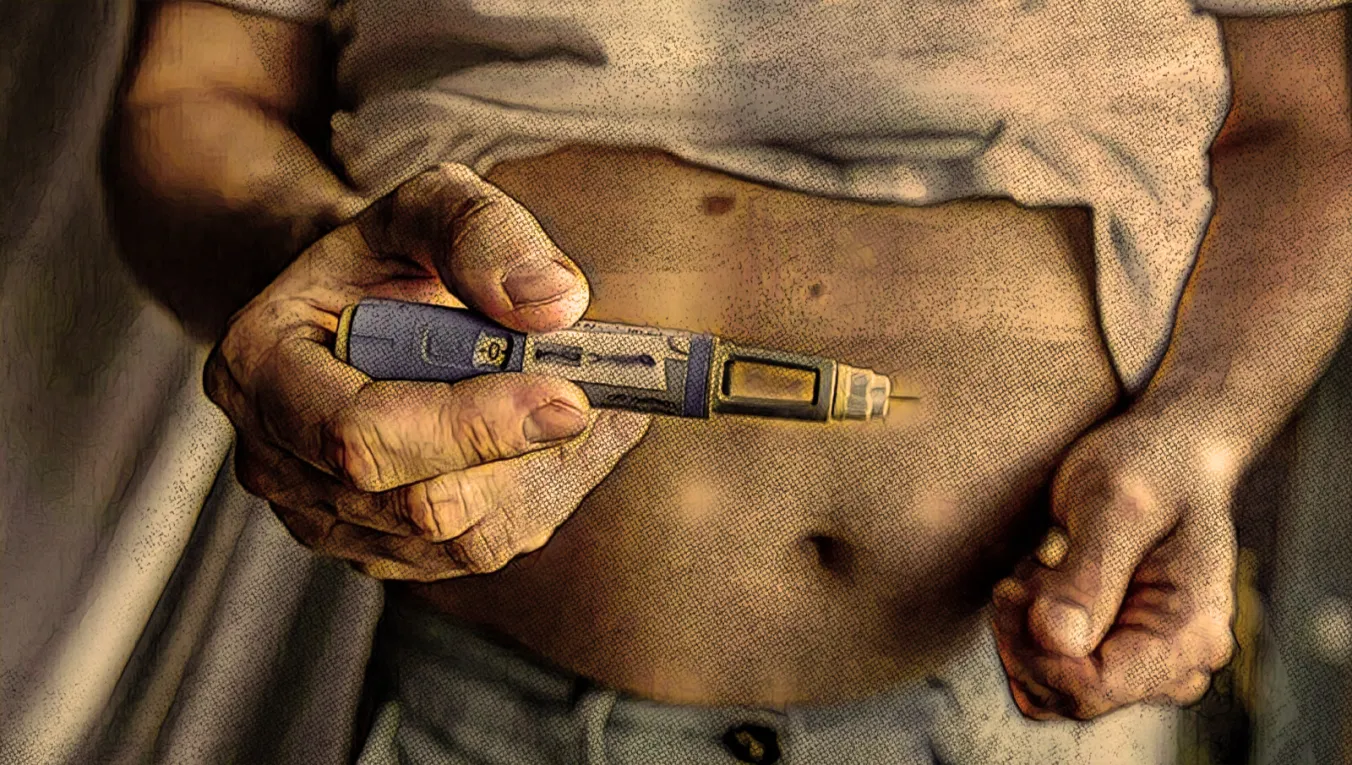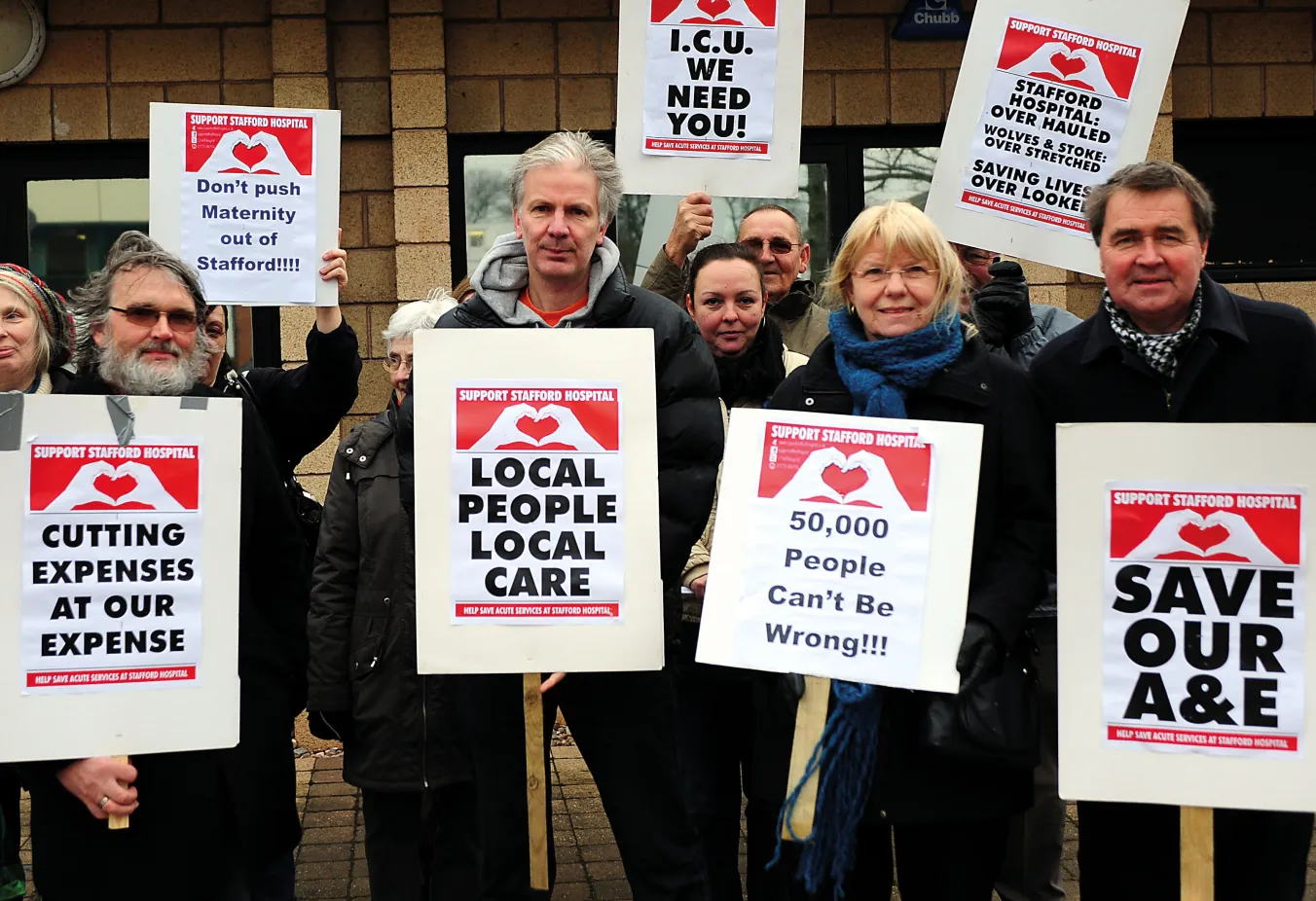
THE Starmer government is partnering with pharmaceutical giant Eli Lilly to run a five-year trial in Manchester that involves giving the weight-loss drug Tirzepatide, branded Mounjaro, to unemployed people in what has been called “jabs for jobs,” with a view to wider use of the drug — according to Health Secretary Wes Streeting to “reduce the burden” on the NHS of people classified as overweight.
The plan and Streeting’s comments bring with them the chilling, and chillingly clear, prospect of benefit claimants being put under pressure to take the drug under threat of benefit sanctions if they refuse, and of patients being refused NHS treatment if they refuse to “reduce the burden” by taking Tirzepatide to lose weight.
Streeting has denied that the plan is “dystopian,” despite accusations that the government is stigmatising those it considers overweight — and clear advice from unemployment charities that weight is not a significant issue for those seeking work.
Liverpool University professor Simon Capewell called Streeting’s plan an “unethical” move that targets people for economic reasons “rather than prioritising the person’s own interests and health.” Obesity expert Dr Dolly van Tulleken said the plan wouldn’t work and treated people as an economic tool rather than basing treatment on their best interests, as well as raising “serious ethical, financial, and efficacy considerations.”
Lilly stands to make huge profits from the plan, with a reported charge for each weekly dose of around £30, in perpetuity since those who stop taking Tirzepatide typically regain most or all of the weight they have lost, according to the study published in the peer-reviewed medical journal JAMA. The US National Institutes for Health (NIH) report that since a proportion of the original weight loss is muscle mass, this can leave them worse off than they were before.
The whole idea that forcing people to take weight-loss drugs will somehow reduce NHS burdens is at best unproven. In reality, it flies in the face of expert analysis — public health experts have said that the use of pharmaceuticals to induce weight loss in fact widens health inequalities, leads to “creep” in the use of such drugs and adverse clinical outcomes, such as the side effects and the loss of muscle instead of fat.
The prospect of being denied treatment based on supposed blame for the condition needing treatment, or for the complexity of treatment, fits perfectly with NHS England’s Integrated Care Systems (ICS) drive to ration treatment and push it out of hospitals.

















